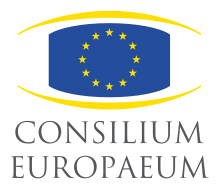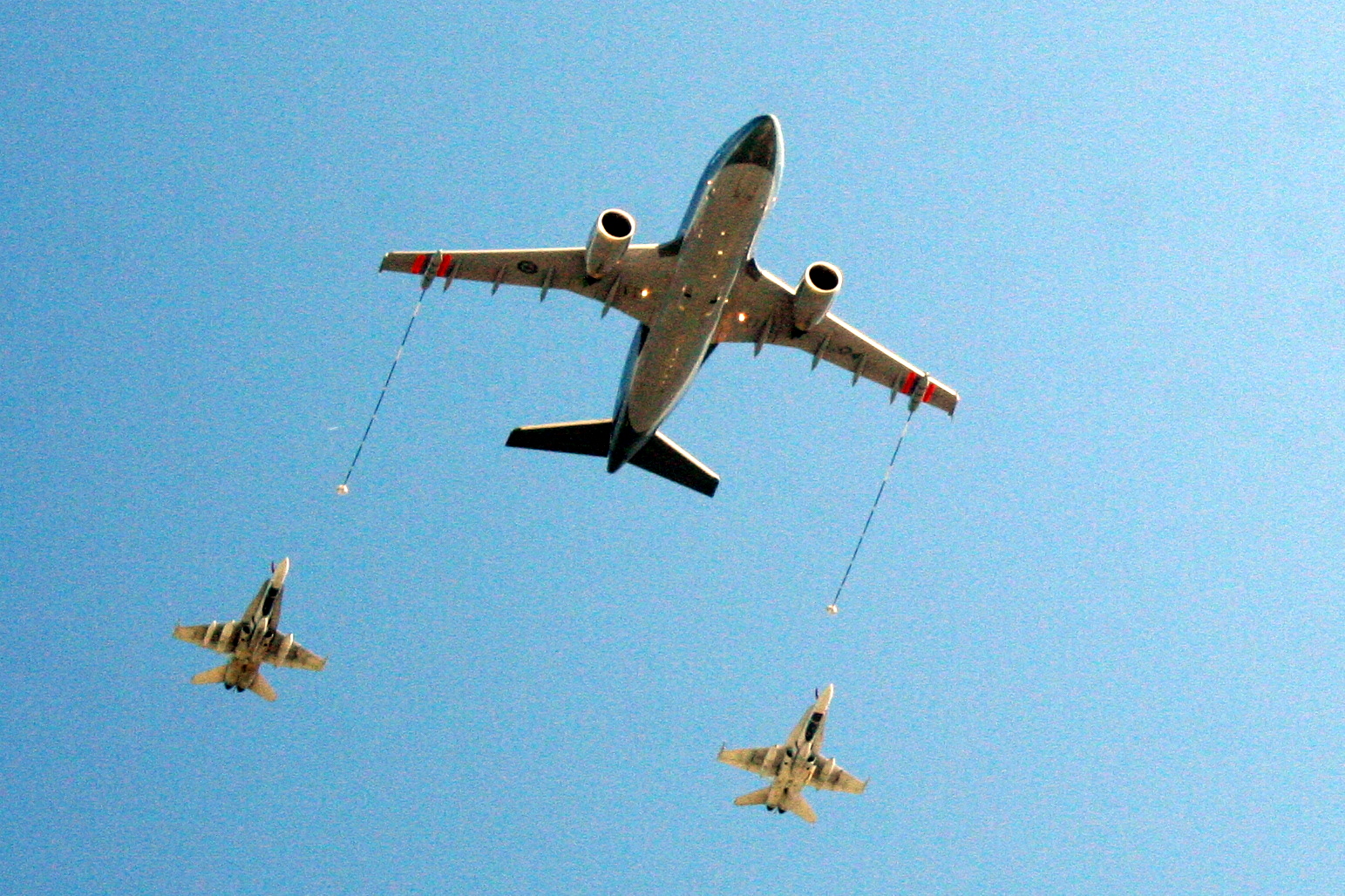The British government’s efforts to persuade Scottish citizens to vote against independence in the country’s upcoming referendum received some assistance from NATO officials in Brussels earlier this year. NATO has confirmed the warnings from London that Scottish membership in the organization might be difficult to obtain if it remains committed to expatriating the UK’s nuclear weapons from Scottish territory. This has been widely portrayed as a serious setback for the SNP’s independence campaign. While it is almost certainly true that the SNP’s delegation were disappointed with the assessment of officials in Brussels, this might not be as serious a blow as some suggest. In fact, it is possible that this state of affairs is as damaging to the UK and NATO as it is to Scottish separatists.
The SNP’s independence campaign has carefully balanced the interests of competing ideological camps in order to attain the broadest nationalist base possible. In doing so, it has made a seemingly incongruous promise to dispatch with nuclear weapons while pursuing NATO membership. The idea behind this approach has been to accommodate left-wing and environmentally conscious nationalist voters without alienating those who would only vote for independence if significant degrees of stability and continuity are assured. The SNP and its leader Alex Salmond have been fairly criticized for presenting an unrealistically sanguine picture when it comes to an independent Scotland’s place in NATO. It is becoming increasingly clear that no one is willing to grant any guarantees about future membership, and the UK is emphasizing the potential difficulties for obvious reasons. Now NATO has bolstered the UK’s argument and served as a bulwark for the country’s territorial integrity by validating Westminster’s warnings about what voting “yes” on independence might entail.
However, opponents of Scottish independence might be well advised to temper their complacency over the SNP’s NATO troubles. First and foremost, the alacrity with which this news was reported by the British press corps and commented on by UK politicians belies the widespread confidence that a vote for independence is bound to fail. Either an aggressive carrot and stick strategy against independence, or a confident refusal to treat secession as a realistic possibility would be an understandable UK strategy, but the two do not go hand in hand. By emphasizing the problems of secession and threatening to obstruct an independent Scotland’s efforts to enter international organizations, the UK risks winning the vote without winning the argument. The “no” campaign’s slogan is “better together”, but rather than emphasizing the mutual benefits of a continued union and the mutual costs of separation, the campaign has focused on the negative consequences of separation for Scotland, while implying that these consequences would be ensured by political decisions in London. This might persuade Scottish voters to forgo independence next year, but it risks exacerbating the socio-political divisions that can provide fertile ground for a more formidable and vociferous separatist movement in the future.
[captionpix align=”left” theme=”elegant” width=”300″ imgsrc=”http://natoassociation.ca/wp-content/uploads/2013/10/salmond.jpg” captiontext=”Scotland’s First Minister Alex Salmond urges for a vote for independence “]
Though it has done little more than explain its commitment to the letter of its laws, NATO might also have reason to be concerned. The confirmation that Scotland will have to resolve the nuclear issue with the rest of the UK before attaining membership has been treated as a blow to the SNP’s nuclear plans. This is true, but it is wrong to assume that this necessarily equals a serious blow to the independence drive. It would be a mistake to assume that the commitment to a non-nuclear Scotland is matched by a desire to attain NATO membership in the eyes of the independence movement. If forced to choose between disarmament and membership, the former will take priority. In fact, the reaction of at least one member of the independence coalition – from the Scottish Green Party – to the warnings from Brussels has essentially been ‘good riddance.’ It seems that for some Scottish separatists, the obstacles to NATO membership might serve to sweeten the deal.
This underscores the folly of overstating the extent to which NATO membership is a priority for Scottish leaders and their constituents, and is why NATO has reason to be concerned. If the difficulties of attaining membership become an election issue, a “yes” vote in Scotland might be interpreted as a vote to leave NATO as well.
For its part, the SNP continues to argue that independence will give rise to auspicious geopolitical conditions that will expedite solutions to these issues. For this they cannot be accused of excessive optimism. The UK will have every reason to establish positive relations with Scotland and, whether or not it is in NATO, Scotland’s geopolitical circumstances would allow it to rely on military cooperation and protection provided by other European states. This is not to say Scottish leaders are entirely indifferent to NATO membership. Their interest in the Alliance is likely borne out of the belief that it would provide tangible benefits. However, their approach is continually and correctly shaped by the opinion that this is not a one way street and, unless Scotland is only valued as a convenient location for the UK to locate its nuclear weapons, the Alliance would benefit from Scottish membership as well. Aside from potential logistical contributions in terms of troops, resources, and expertise, its geographic contiguity with a major NATO power would render it an important partner. Furthermore, the political symbolism of Britain no longer being entirely composed of NATO countries, and the presence of another Western European democracy outside of the Alliance, should not be overlooked. As an organization endeavouring to sustain its relevance in the 21st century, a new European democracy declining to join is an outcome that the Alliance as a whole would probably prefer to avoid. As a result, if Scotland does vote for independence, geopolitical realities would likely induce significant compromise from all parties, though the UK government is, of course, determined to leave the opposite impression. In other words, leaders in London might be guiltier of the misleading political bravado of which the government in Edinburgh is so often accused.
All of this should give pause to anyone who is celebrating the recent developments out of Brussels as a serious injury to Scotland’s independence movement. Salmond’s rhetoric has again been rebuked, but this might unintentionally run contrary to the ultimate goal of preserving British unity, and raises serious questions about NATO’s place as a nuclear alliance in the European security landscape.




